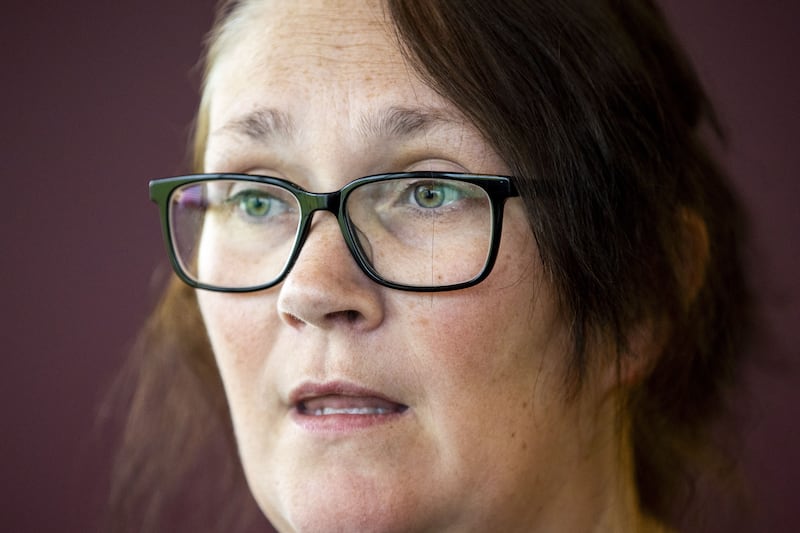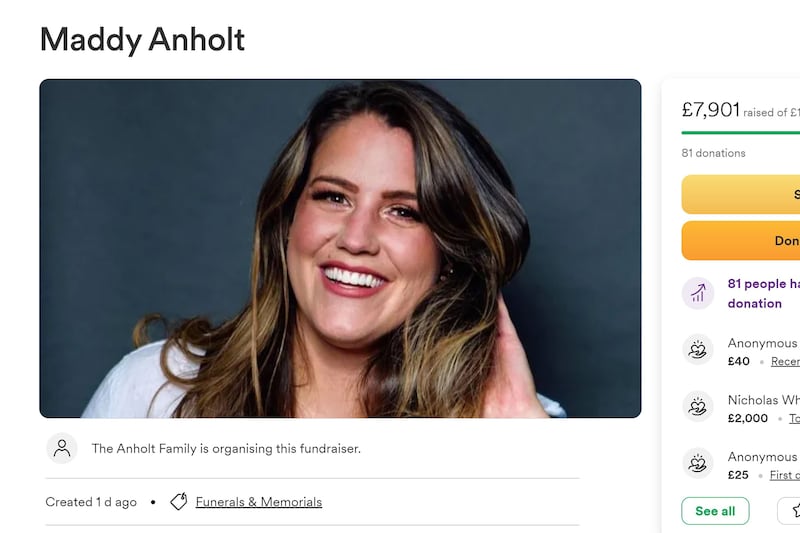THE Women's Aid Federation have warned the current political impasse is having a "devastating" impact on families, with the organisation having to turn away hundreds of women and children in need from its refuges last year because of a shortage of beds.
The organisation currently run nine refuges across Northern Ireland. Last year 710 women and 568 children stayed in Women's Aid shelters with 245 women turned away because of a lack of space.
Last year 13 babies were born to women living in a Women's Aid refuges.
A further 7,000 women and almost 8,000 children availed of outreach services to allow them to stay in their own home following instances of domestic abuse.
Chief Executive Jan Melia said uncertainty over the future of the Stormont executive is having an "unsustainable" impact on the services they offer.
PSNI figures for last year saw the highest recorded number of domestic violence incidents in over ten years at 29,404 - the highest level recorded since 2004/05.
"As experts in our field, we know that it can take up to 35 incidents before a person seeks help, so we are really looking at a gross underestimation of the levels of domestic violence in Northern Ireland," Ms Melia said.
"We know that our services are in greater demand and we are having to do much more with less funding and even less certainty about what the future holds.
"This situation is unsustainable and devalues both the work we do and the women and children we work with."
Ms Melia said the charity sector as a whole is about to lose £20 million in pledged funding from the 'dormant accounts initiative' in the next year.
The scheme launched in the UK in 2008 was to be rolled out in Northern Ireland prior to the collapse of the assembly.
"The idea that we are about to lose this money is nothing short of disgraceful as it will impact most on those who need support from vital specialist services".
It comes as the former justice minister has warned of the impact on the lack of legislative change to protect vulnerable women and children as a result of the political impasse.
Independent MLA Claire Sugden, had plans to update legislation in Northern Ireland to protect those vulnerable from domestic violence, coercive control and stalking.
Northern Ireland is currently the only region without specific stalking and coercive control laws.
While the draft domestic abuse offence Bill is currently as an advanced stage, it cannot be passed into legislation without a functioning executive.
"It is something I would have pushed, we're the only region doesn't have stalking or coercive control laws," said Ms Sugden.
"Had I still been in office we could have moved in that direction and I would have hoped it would have been on the statute books by the end of the autumn, however all that is now up in the air," she added.








